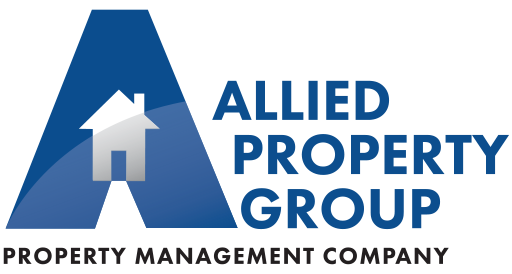As a Homeowners’ Association member, you know that the governing documents include covenants, rules, and restrictions about how you can and cannot use your property. As an HOA board member, enforcing these rules is one of the most important jobs you perform. Board members must also ensure the regulations are followed by the board itself, as failure to do so can lead to confusion and selective enforcement.
HOA Governing Documents
There’s a simple reason why associations have rules, regulations, and covenants: to ensure proper order and harmony in the community. Without them, everyone who lives in the community would be free to do as they please, even if it’s detrimental to their neighbors.
Rules and regulations may be revised from time to time, but the only exception to enforcing a current restriction would be if it conflicted with new state or federal laws. In that case, the HOA Board should amend the rules to comply with the new laws.
Why Governing Documents Must be Enforced
When someone buys a home in a community that’s governed by an HOA, they agree to follow certain rules and standards. Here are just a few reasons why it’s so important for these regulations to be enforced in an even-handed away so as to avoid the appearance of what’s known as “selective enforcement.”
- Obligation. As an association board member, you agreed to abide by and enforce all the rules of your HOA. This is a vital duty as a board member.
- Equity. Rules and regulations only work if they’re administered fairly. A board should not selectively pick which rules it will enforce and which ones it will not. It should also not apply a rule to some homeowners but not to others.
- Risk of litigation. Failure to uniformly enforce the rules opens up the entire organization to legal actions, including lawsuits
- Community mistrust. Once a board selectively enforces or fails to enforce a rule, it loses its credibility with homeowners and its ability to properly govern the association. Once homeowners lose trust in the board it is very difficult to regain it.
- Financial responsibilities. HOA members are obligated to pay association fees, special assessments, and fines. Rules for non-payment must be enforced if the community is to have the funds it needs for daily operations and reserves.
Failure to Enforce
“Failure to enforce” language is commonly included in HOA bylaws and refers to a lack of action on the part of the HOA when one or more homeowners are clearly violating the rules and regulations.
If community homeowners feel the board is not taking proper action against theses outliers, they have several avenues to pursue, including legal action. No board member should place themselves in a position where the community feels they must force them to fulfill their duties and obligations.
Of course, there are times when the board feels a rule and/or regulation is no longer just or fair. In that case, the board should take steps to begin amending or changing the rules, not skirting them.
Your job as an association board member is important and not always easy, but one of your most solemn duties is to enforce the existing rules fairly and compassionately. These regulations set the guidelines for the community, promoting harmony, and ensuring uniformity among the homes and units in an association. Adhering to and enforcing them is one of the best steps to making the homeownership experience the best it can be for everyone.



